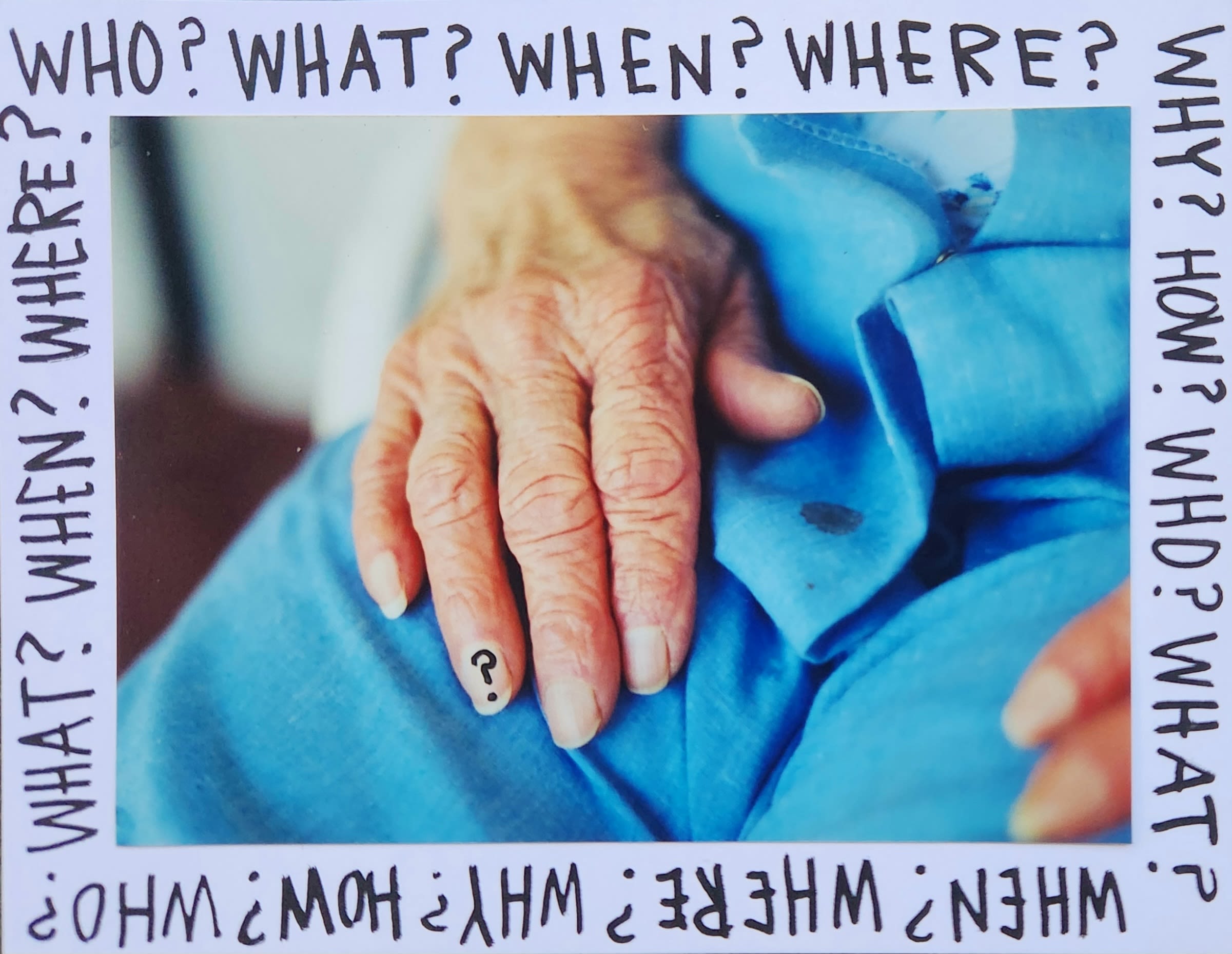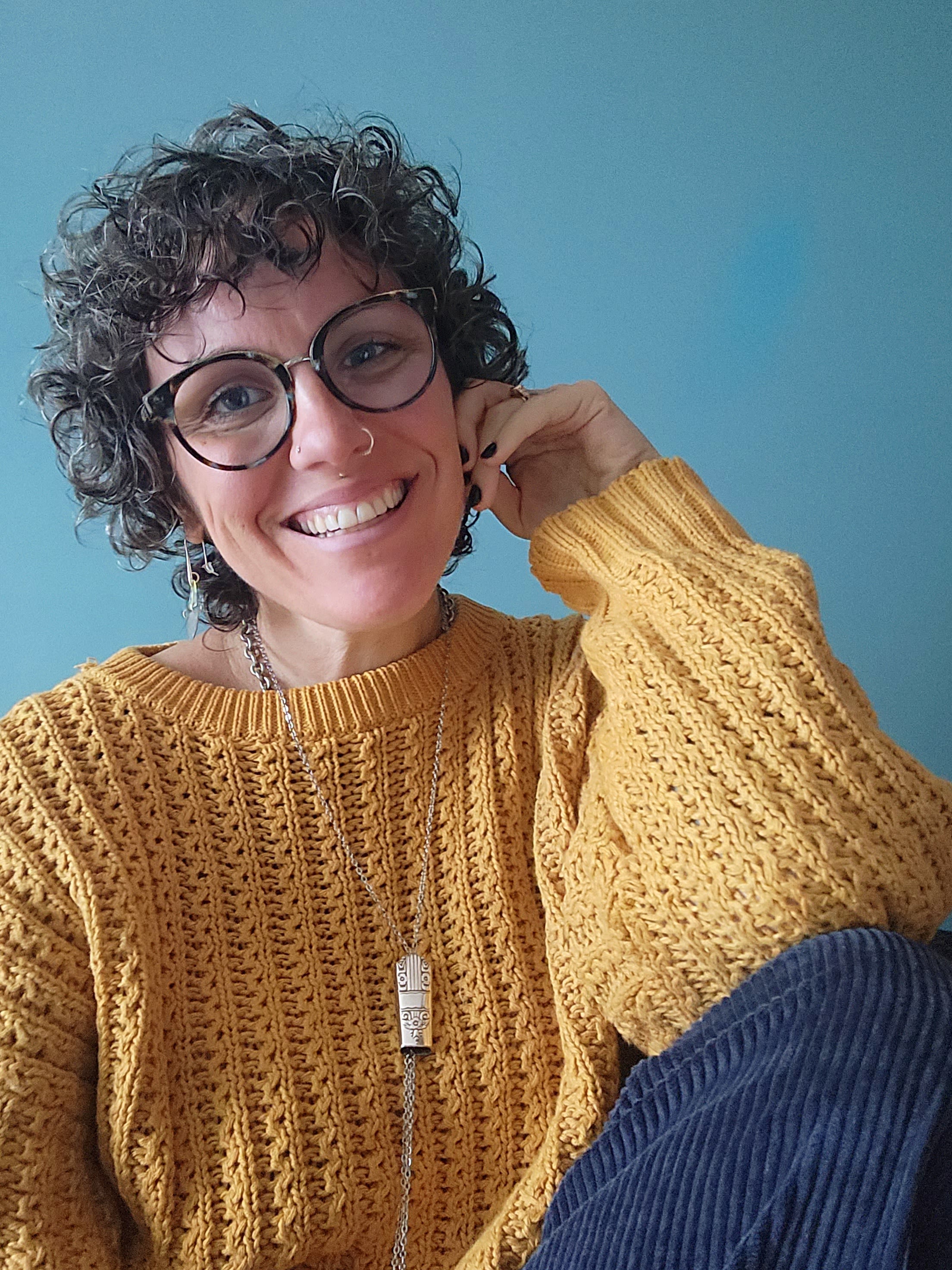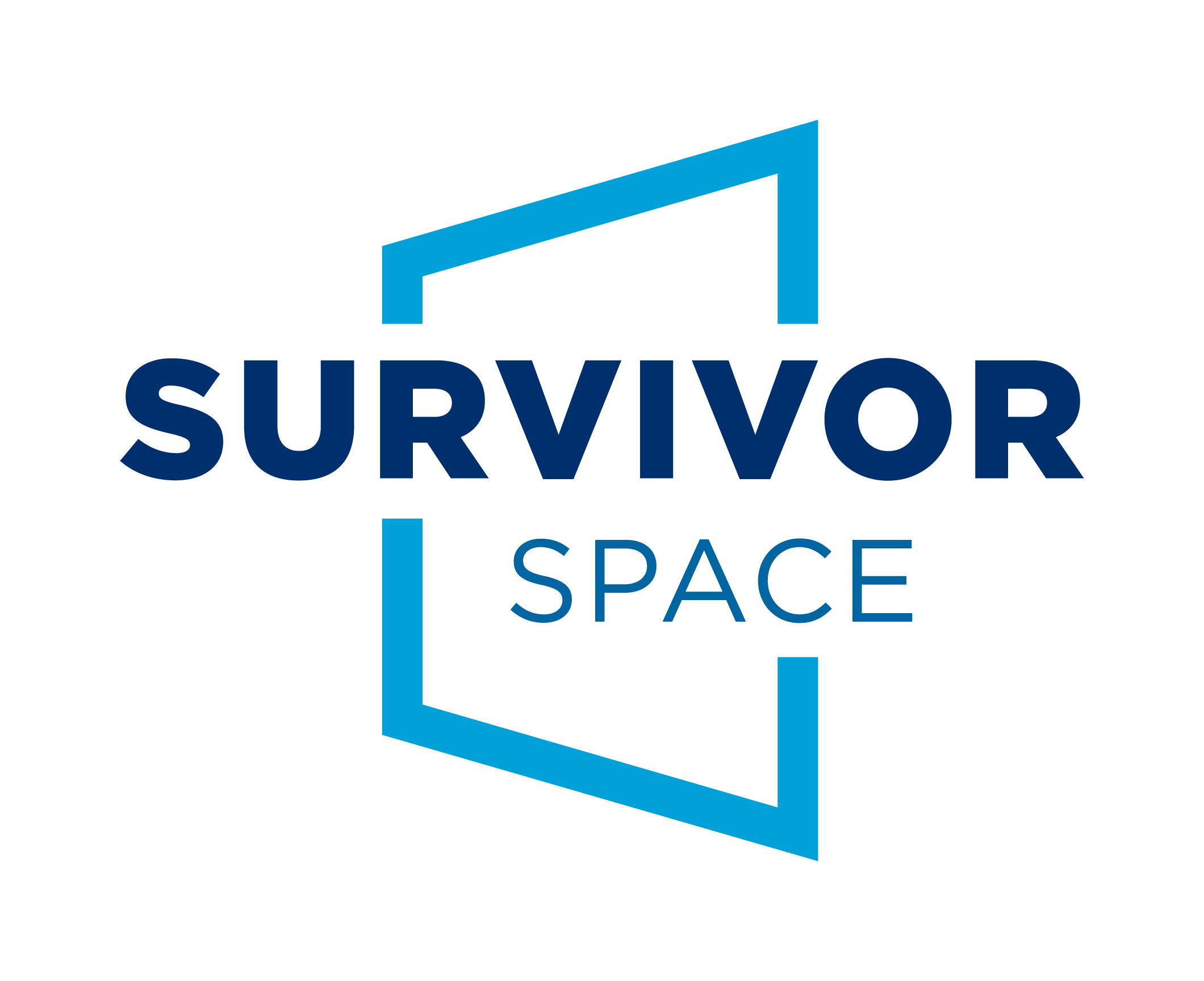The Unfolding
Navigating my abuse has taken many different forms over the years. As it happened, I was a little girl confused about my friend, who was also an abuser. As a teenager I refused to acknowledge anything ever happened, much less navigate it. As a young adult I was a parent, so navigating my own wounds felt impossible. When I finally got to a place where I was ready to do the work, I gave it everything I had. I met with my counselor weekly and worked through a very intense curriculum for adult survivors of abuse in my free time. I addressed my feelings about the adults in my life at the time of the abuse, who were doing their best, but also leaving me incredibly vulnerable. I dealt with my feelings about my abuser. I finally disclosed after almost thirty years of holding it all on my own, and I really healed.
I didn’t think much about any of it again until starting to create content here. I mentioned in my shorthand post “The Upside Down,” how I was finding myself far more triggered than I anticipated, for reasons I understood but felt really surprised by. What has been interesting about navigating abuse in this season twelve years removed from disclosure and processing, is my thoughts and questions about everyone and everything involved have evolved.
At the time of disclosure, my primary caretaker as a child, who was also the grandmother of my abuser, was alive. She was an incredibly important part of my life. She was also the one person who left me the most vulnerable, as she excused her grandson’s previous inappropriate behaviors (something I learned later) and was too sure I was not at risk in their home. It never occurred to me then to be angry with her. At the time I wasn’t angry with anyone, not even my abuser. I was super angry with God, but that is another story. My point is, she was alive, I wasn’t angry with her, I didn’t want to be angry with her, and so some of the way I processed everything was subconsciously in light of that.
Fast forward to now, over a decade after her death, rethinking the whole nightmare, wondering what in the hell she was thinking. Racking my brain about the little I really know of her life, aside from a bunch of red flags having to do with her own children and siblings. Trying to make sense of this woman who I know without a doubt loved me unconditionally, who also enabled my abuser and never really held him accountable even when she knew the whole story. She loved us both unconditionally.
I am still not angry, but I do wish I had the opportunity to have a hard conversation with her. To try to understand. To unfold her secrets with the hope to make sense of mine. The person I am now sees from a different perspective than the person I was then. I would have different words for my abuser too. A different plan of action in terms of potential legal proceedings. I don’t regret anything. I know I did the best I could at the time, which was absolutely enough. I just want to name and give permission to the fact that processing abuse at ten is not the same as it is at fifteen, twenty-six or forty-one.

Original artwork by Brooks Decker
About the Author

Brooks Decker is a survivor, writer, artist, and mental health professional in Jacksonville, Florida.

Published by SurvivorSpace, an initiative of Zero Abuse Project.
